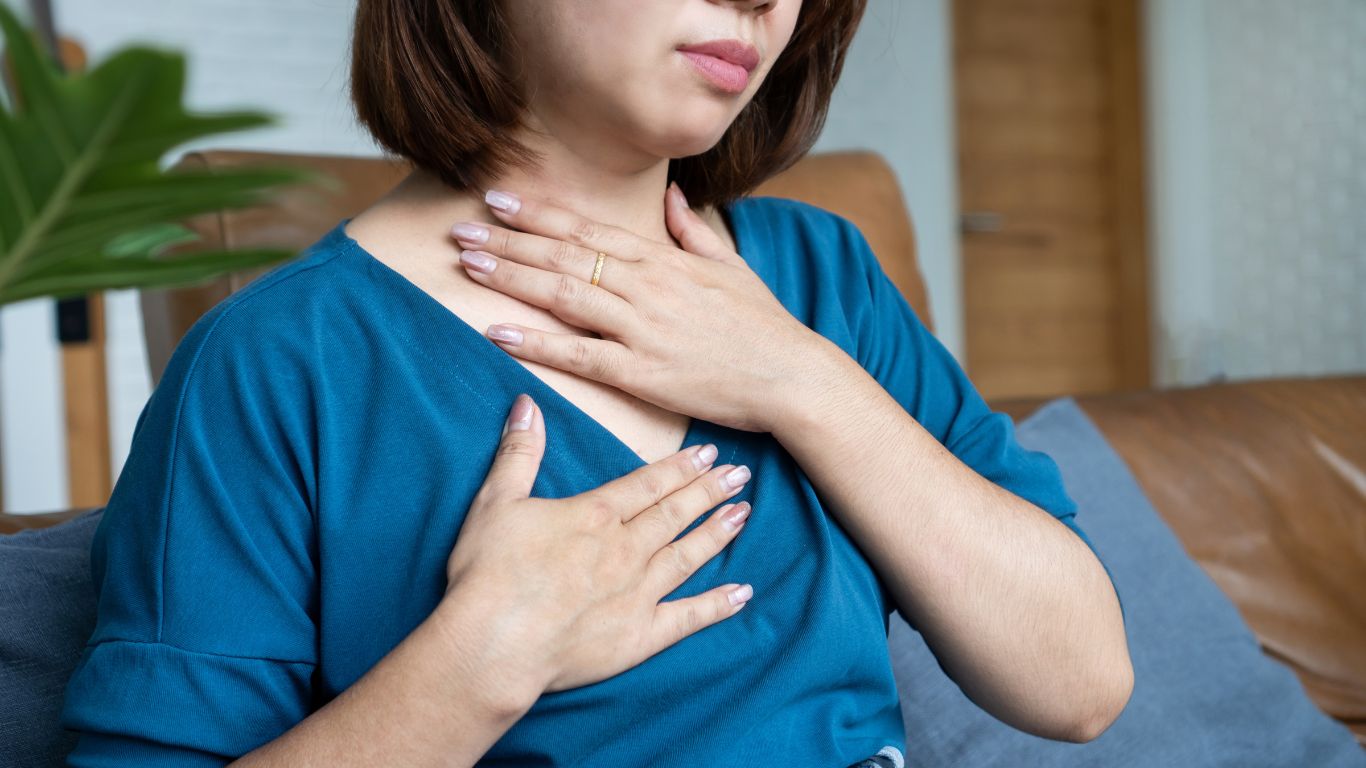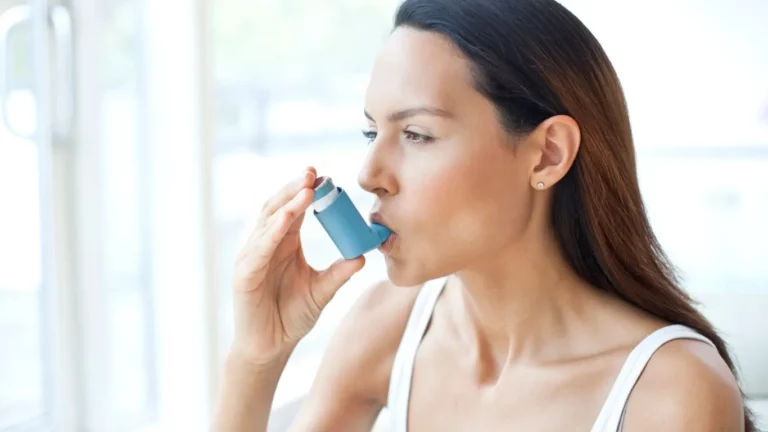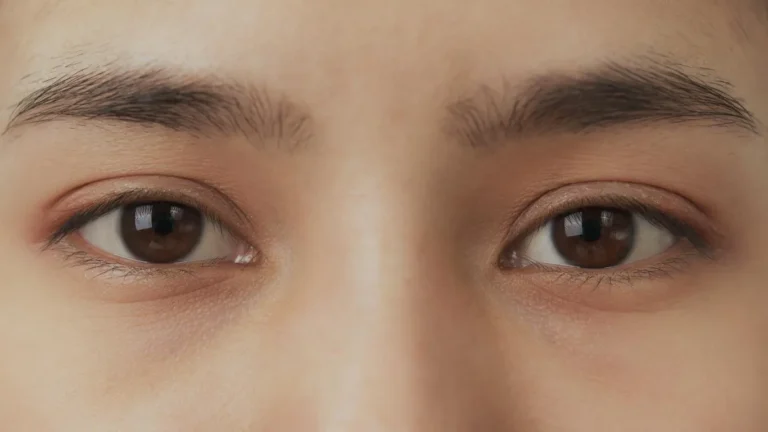How GERD Affects Appetite Loss: Shocking Reasons & Fixes!
If you’ve been dealing with GERD (Gastroesophageal Reflux Disease) for a while, you probably know the struggle isn’t just about heartburn. One of the lesser-talked-about but incredibly frustrating symptoms? Appetite loss. It’s like your stomach and your brain are having a disconnect—food doesn’t sound appealing, and even when you try to eat, nausea or discomfort shuts it down fast. I’ve seen this firsthand, not just with my patients but in my own journey with GERD.
How GERD Affects Appetite Loss

GERD isn’t just an annoying burn in your chest—it’s a full-body experience. And when it comes to appetite, the effects can be downright alarming. Let’s break down exactly how GERD messes with your hunger and why eating can feel like a battle.
1. Chronic Discomfort Makes Food Unappealing
Imagine this: Every time you eat, you get a burning sensation creeping up your chest, maybe even into your throat. Over time, your brain starts associating meals with pain. No surprise, then, that your appetite takes a nosedive.
- Acid reflux episodes: The constant regurgitation of stomach acid makes eating feel more like a chore than a pleasure.
- Burning throat and mouth: If acid reaches your throat, it can cause irritation, making even your favorite foods seem unappetizing.
- Unpleasant taste: Ever had that bitter or sour taste in your mouth after a reflux episode? Not exactly a great appetizer.
2. Nausea & Bloating: Appetite Killers
GERD isn’t just about heartburn. Many people (myself included) experience nausea, especially after eating. That queasy, unsettled feeling? It makes even small portions feel overwhelming.
On top of that, GERD often comes with stomach bloating. You might feel stuffed after just a few bites, even if you haven’t eaten much all day. The worst part? The bloating can last for hours, leaving you feeling full even when you’re nutritionally running on empty.
The Vicious Cycle: Less Eating, Worse Symptoms

Here’s where it gets tricky. You’d think that eating less would reduce symptoms, right? But in many cases, it makes GERD worse. When your stomach is empty for too long, acid production can actually increase. That means:
- More reflux episodes due to excessive acid.
- Increased nausea from an overly acidic stomach.
- Greater fatigue and weakness from not getting enough nutrients.
And let’s not forget the mental toll. When eating becomes stressful, it can lead to anxiety around meals, further deepening the appetite loss cycle.
Why Appetite Loss Due to GERD Needs Attention

Many people shrug off appetite loss as a “side effect” of GERD, but in reality, it’s a serious issue. Not eating enough can lead to:
- Nutrient deficiencies (low iron, B12, and other essentials).
- Weight loss that may not be intentional or healthy.
- Weakened immunity, making you more susceptible to infections.
Personally, I’ve had patients tell me they’ve gone entire days without eating because GERD symptoms were so bad. That’s not okay, and it’s something we need to address seriously.
How Stress and Anxiety Worsen Appetite Loss in GERD

Let’s talk about something that often gets overlooked: the mind-gut connection. If you’ve ever noticed your GERD symptoms getting worse during stressful times, you’re not imagining it. Stress and anxiety play a huge role in digestive health, and they can seriously impact your appetite.
1. The Stress-Acid Reflux Loop
Here’s the vicious cycle:
- You feel stressed or anxious.
- Your body releases cortisol (the stress hormone), which can trigger more stomach acid production.
- More acid means more reflux, more discomfort, and—surprise—less desire to eat.
It’s no wonder that when my GERD flares up, it’s often during high-stress periods. And when stress kills my appetite, I eat less, which (as we covered in Part 1) only makes the acid situation worse.
2. Anxiety-Induced Nausea
Another lovely gift from stress? Nausea. If you’re dealing with GERD-related appetite loss, you may also find that stress makes you feel queasy. When your nervous system is in overdrive, digestion slows down, leading to bloating, stomach discomfort, and that awful “I can’t even look at food” feeling.
For some, it even turns into a psychological barrier: the fear of eating because you expect discomfort. And once your brain starts linking food with pain? Appetite goes right out the window.
Foods That Make GERD-Related Appetite Loss Worse

Now, let’s get real about what’s on your plate. When GERD is already messing with your hunger, the last thing you need is food that makes things worse. Here are some of the biggest appetite-killers when you’re struggling with reflux:
1. Acidic and Spicy Foods
If you love a good plate of spicy tacos or a glass of orange juice in the morning, I get it—but these are some of the worst culprits. Spicy and acidic foods can trigger burning, nausea, and prolonged reflux, making eating feel like punishment.
2. Fatty and Fried Foods
High-fat meals can slow digestion and relax the lower esophageal sphincter (LES), the valve that keeps stomach acid where it belongs. The result? More acid reflux and an even lower appetite.
3. Caffeinated and Carbonated Drinks
That morning coffee or fizzy soda might feel like a necessity, but for GERD sufferers, they can be a disaster. Caffeine increases stomach acid production, while carbonation can cause bloating and discomfort.
When you’re already struggling to eat, the last thing you need is something that makes you feel worse right away.
Finding the Right Foods: Gentle on the Stomach, Easy to Eat
So, what should you eat when GERD is making your appetite disappear?
- Bananas and oatmeal – Easy on the stomach, low in acid, and great for energy.
- Lean proteins (chicken, turkey, tofu) – Filling but not heavy.
- Non-citrus fruits (melons, apples, pears) – Nutritious without the acidity.
- Ginger and herbal teas – Help with nausea and digestion.
Finding foods that work for your body is a game-changer. I always tell my patients: listen to your body. If something consistently makes you feel worse, cut it out. If a food feels safe and easy to eat, keep it in rotation.
Case Studies & Real-Life Examples

To really drive home how GERD-induced appetite loss can impact daily life, let me share some real-life cases. These are individuals I’ve worked with who struggled to maintain their appetite but found ways to manage it.
Case Study 1: Sarah’s Battle with GERD and Anxiety
Sarah, a 34-year-old teacher, came to me exhausted and underweight. She had been dealing with GERD for years, but the worst part wasn’t just the reflux—it was the crippling appetite loss. Her anxiety made it worse, creating a vicious cycle where stress caused more reflux, which killed her hunger even further.
We worked on a combination of stress management techniques (like mindful eating and deep breathing before meals), alongside a customized food plan that prioritized easy-to-digest, low-acid foods. Within a few months, her appetite improved, and she gained back the energy she had lost.
Case Study 2: Mark’s Struggle with Late-Night Acid Reflux
Mark, a 45-year-old accountant, had the opposite problem—he would avoid eating all day to prevent reflux but then binge at night because he was starving. This led to worse nighttime GERD and poor sleep, which only further disrupted his hunger signals.
His solution? Smaller, more frequent meals throughout the day, plus a strict “no eating within three hours of bedtime” rule. His reflux improved, and his appetite became more stable over time.
Key Takeaways: What You Need to Remember
GERD-induced appetite loss can feel overwhelming, but there are ways to manage it effectively. Here are the biggest takeaways from everything we’ve covered:
- Eating less can make GERD worse. An empty stomach produces more acid, which increases reflux symptoms.
- Stress and anxiety play a huge role. Managing stress can help improve both GERD symptoms and appetite.
- Avoid trigger foods. Acidic, spicy, and fatty foods can worsen symptoms and make eating unpleasant.
- Gentle, nutrient-dense foods are key. Stick to easy-to-digest options like bananas, lean proteins, and herbal teas.
- Small, frequent meals help. Instead of big meals, try eating smaller portions more often to ease digestion.
FAQs
1. Can GERD cause long-term appetite issues?
Yes, if left unmanaged, GERD can lead to chronic appetite loss, weight loss, and even malnutrition. That’s why early intervention is so important.
2. Will medication help my appetite return?
Medications like PPIs (proton pump inhibitors) can reduce acid production, which may help ease symptoms and restore normal hunger signals. However, they should be combined with lifestyle changes for the best results.
3. What’s the best way to regain appetite with GERD?
Start by eating small, GERD-friendly meals at regular intervals. Avoid long fasting periods, and focus on low-acid, high-nutrient foods.
Bonus: Additional Resources or DIY Tips
Here are some extra tips to help you navigate appetite loss while managing GERD:
- Try a food journal. Track what you eat and how it makes you feel to identify patterns and trigger foods.
- Drink ginger tea. Ginger has natural anti-nausea properties that can help with appetite.
- Experiment with smoothies. If solid food is hard to tolerate, nutrient-dense smoothies can be a great alternative.
- Stay upright after eating. Lying down too soon can trigger reflux and make you avoid meals in the future.
Appendix: References, Disclaimer, and Call to Action
For further reading, check out these authoritative sources on GERD and appetite loss:
Disclaimer: This article is for informational purposes only and does not replace medical advice. If you experience persistent appetite loss or severe GERD symptoms, consult a healthcare professional.
Feeling overwhelmed? Don’t go through this alone. Share your experience in the comments below, or reach out to a specialist to find the best strategy for you!

Camellia Wulansari is a dedicated Medical Assistant at a local clinic and a passionate health writer at Healthusias.com. With years of hands-on experience in patient care and a deep interest in preventive medicine, she bridges the gap between clinical knowledge and accessible health information. Camellia specializes in writing about digestive health, chronic conditions like GERD and hypertension, respiratory issues, and autoimmune diseases, aiming to empower readers with practical, easy-to-understand insights. When she’s not assisting patients or writing, you’ll find her enjoying quiet mornings with coffee and a medical journal in hand—or jamming to her favorite metal band, Lamb of God.







